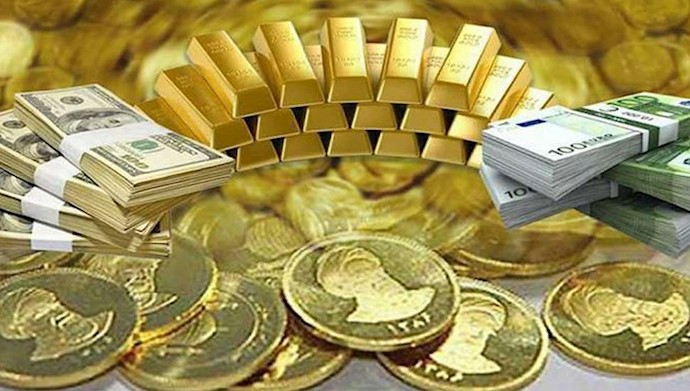Analysis by PNOI/MEK
Iran, Nov. 19, 2018 – On November 14, in a meeting with Iranian athletes, Ali Khamenei, the Iranian regime’s Supreme Leader, said, “The economic problems will be resolved provided that the national capacities are used properly.”
Earlier this year when Hassan Rouhani famously said that, we do “hope therapy,” not “talk therapy,” he was referring to the Iranian regime’s official policy towards sanctions and economic hardship of painting a hopeful and manageable picture of the whole situation.
Meanwhile, Javad Zarif, the regime’s foreign minister, doesn’t miss an opportunity to virtually beg the European Union to finally implement the European Special Purpose Vehicle, some kind of a clearinghouse that aims to circumvent U.S. sanctions. Also worth mentioning is Kamal Kharazi, former Iranian foreign minister and foreign policy advisor to Khamenei, who is peddling around Europe to open a breathing hole for selling oil and trading goods.
But there is more.
A few days ago, Iranian state media reported about a meeting between representatives of the private sector and Ali Aghamohammadi, chief of the economic group in Khamenei’s office, to discuss unemployment, economic recession, and the general business climate.
According to Jahan-e Sanat newspaper, Masoud Khansari, Tehran’s Chamber of Trade chief, said in the meeting: “The current economic situation is such that the noose of a blockade is tightened every day and recession and unemployment is also spreading.” He also considered inaction or late action one of the biggest weaknesses in facing the current situation and reiterated the importance of timely decision-making when it comes to energy prices.
Ali Sanginian, chief of the money market and investment commission in Tehran’s chamber of trade, also said to Aghamohammadi: “The second round of sanctions, which started on November 4, has worsened the situation of monetary and financial activities for our banks even more than the last period of sanctions.”
Ali Sanginian said that the list of sanctioned banks is longer than the last time and continued: “Currently, because of the new sanctions, the China and Turkish financial channels, which came to the rescue of our money transactions last time, are inaccessible. In addition, our banks are not optimistic about the promised EU financial channel becoming operational.”
State-run Vatan-e Emrouz newspaper reported on November 15: “If we wanted to summarize, we had to say that Iran is in a situation where its throat is tightly in the hands of its enemies.
“Iran is currently in a very difficult situation and is suffering many limitations of which the following are the major ones: a limit on selling oil, access to the dollar cycle, access to the international monetary system, severe limitations in financial transactions and limitations in accessing new technologies.”
Mohammad Hassannejad, a member of the economic commission in the Iranian parliament, said: “SWIFT has been closed down, Total has left Iran, Renault left Iran, despite [the fact] that it had all the automobile manufacturing of the country in its hands and would receive uncountable economic rents. None of the articles in JCPOA are implemented.
“It’s been six months since Europe is putting us on with the promise of a Special Purpose Vehicle,” he added, referring to the EU plan to circumvent U.S. sanctions.
The Persian edition of Euronews website writes: “One week after the U.S. oil sanctions against Iran have been reimposed, the international west Texas intermediate crude oil price fell to a ten-month low to increase the pressure on the Iranian regime’s financial capabilities, in addition to Iran’s lower crude oil export quantities.”
Meanwhile, the International Monetary Fund reports: “In the future, Iran’s economy will suffer severely from sanctions impact.
“Iran’s deeply oil-dependent economy will face a 1.5-percent negative growth this year and a 3.6-percent negative growth next year,” the report adds.
Considering the wide-spread strikes and protests in Iran and the risk of a social explosion, as Iranian officials warn, analysts believe that the current situation harbors the ingredients that will ultimately lead to more social unrest.





